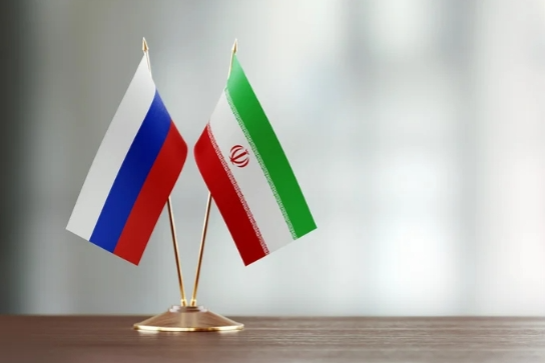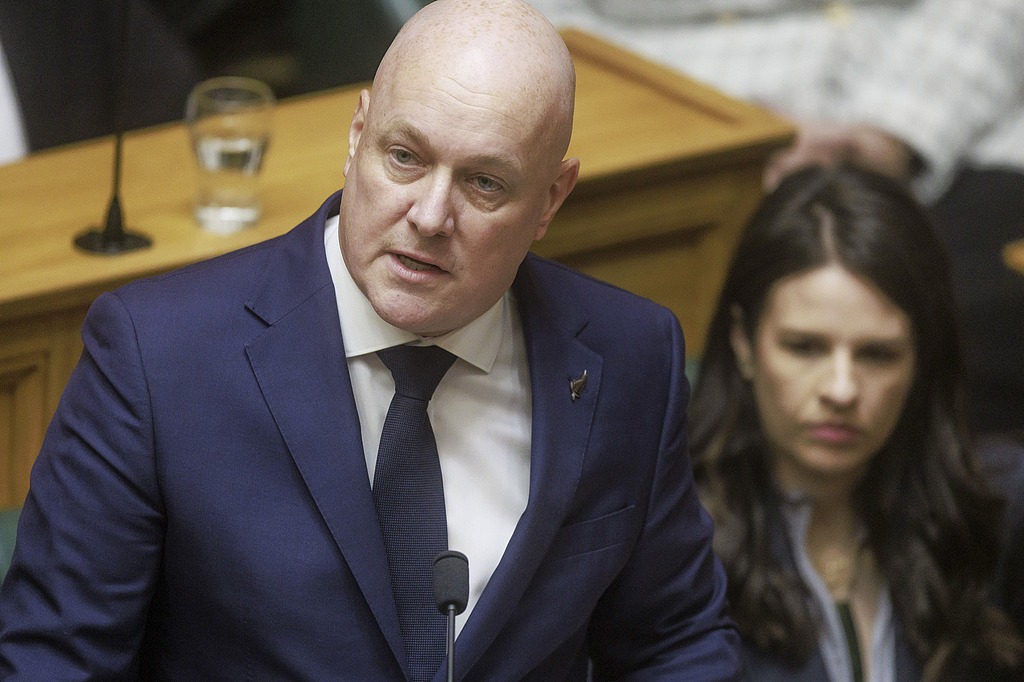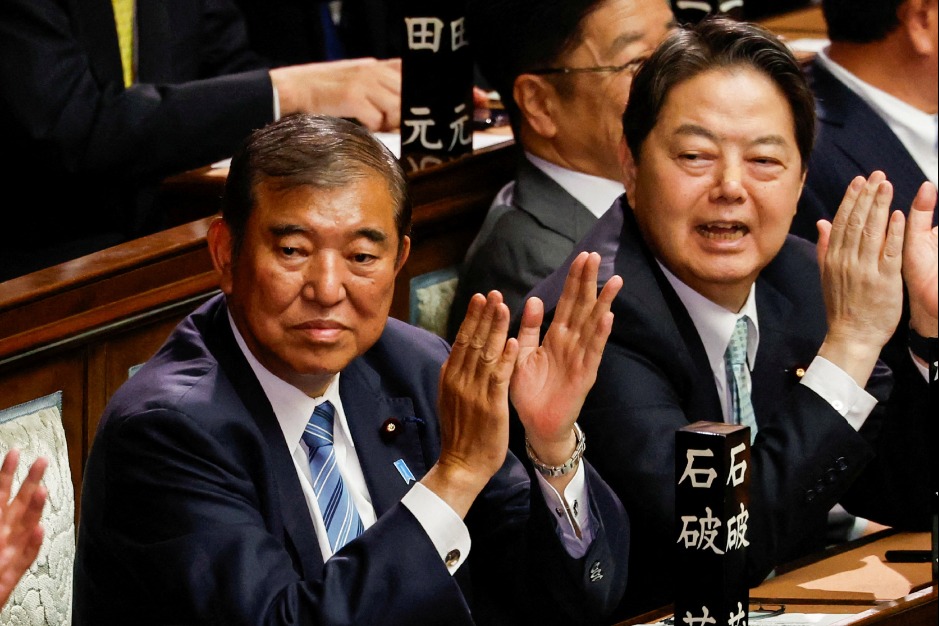Xi's visits to aid economic collaboration
Trips to France, Serbia, Hungary set to improve people's welfare, experts say

Chinese President Xi Jinping's just-concluded state visits to France, Serbia and Hungary contribute to fostering practical economic collaboration, aimed at improving people's welfare in these nations and beyond, experts say.
President Xi's trip to Budapest is a clear signal that China welcomes Hungary to grab the opportunities created by the development of the Chinese economy and is ready to help Hungarian development with new investments, said Gyula Thurmer, president of the Hungarian Workers' Party.
Last year, Hungary was able to attract a total of 13 billion euros ($13.86 billion) in foreign direct investment, of which about 8 billion euros were from China, Hungarian Minister for National Economy Marton Nagy said in an interview with Xinhua News Agency.
The Hungarian side is looking forward to deeper cooperation with China in the fields of trade, capital investment, infrastructure, logistics, artificial intelligence, and new energy, among others, he said.
During President Xi's visit to Hungary, leaders of the two countries witnessed the exchange of multiple bilateral cooperation documents on Belt and Road cooperation, economy and trade, investment, science and technology, culture and agriculture. The two sides also issued a joint statement on the establishment of an all-weather comprehensive strategic partnership for the new era.
Serbia looks at China as an economic partner of crucial importance. The Chinese president's visit signals China's commitment to strengthening ties with Serbia, emphasizing economic cooperation, infrastructure development, and political dialogue, said Ivona Ladjevac, deputy director of the Belgrade-based Institute of International Politics and Economics.
"China leads the world in many of the high technologies today — and any such investments in Serbia and technology transfers could truly have a positive spillover effect on Serbian economic development and upgrading. A great step in that direction is the announced 300 student and 50 young scientist exchanges," said Jelena Grubor Stefanovic, director of the representative office of the Serbian Chamber of Commerce and Industry in China.
"We hope to see more Chinese green technologies such as EVs and solar panels in Serbia that can significantly contribute to Serbian decarbonizing goals. I hope in the near future we will have a major logistics center in Serbia that will facilitate this flow of goods," said Stefanovic.
Active engagement
France is actively engaging with China on economic initiatives. France invited BYD, a leading Chinese EV company, to build a factory there, according to Jack Midgley, principal of the global consultancy Midgley& Co.
In January, a new energy vehicle production base of BYD was established in the city of Szeged, Hungary, which marks the sixth Chinese automobile manufacturing plant in Hungary and is expected to create thousands of jobs, as People's Daily reported.
Midgley, who is also an adjunct associate professor in the Security Studies Program at Georgetown University in Washington, said that with positive developments in France, Serbia, and Hungary, "next year or in two years, you will be able to buy, easily buy BYD cars with Chinese batteries made in Europe".
"It's a very practical strategy," he said. "Focus on the practical math, act in mutual interest, don't try to convince, just look at the facts, and make progress where you can."
The more China makes progress in EV, AI, or any other advanced technologies, the more it can contribute to the welfare of people all over the world, he said.
"China's development by itself does not pose a threat. We shouldn't start by saying this is a threat to national security. We should start by saying this is an opportunity to improve standards of living, welfare, and security all over the world."
Chen Weihua in Budapest and Yang Ran in Beijing contributed to this story.
Contact the writers at [email protected].
































